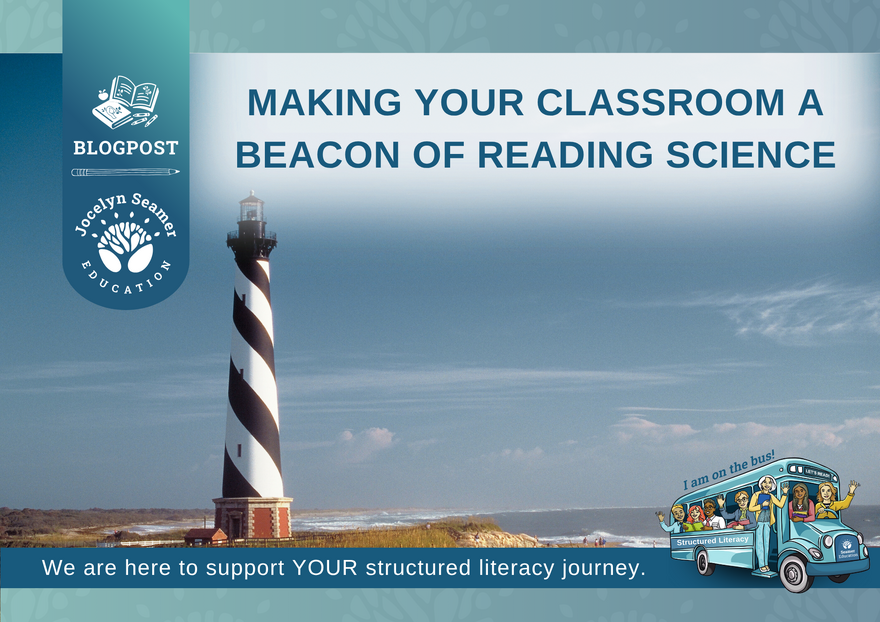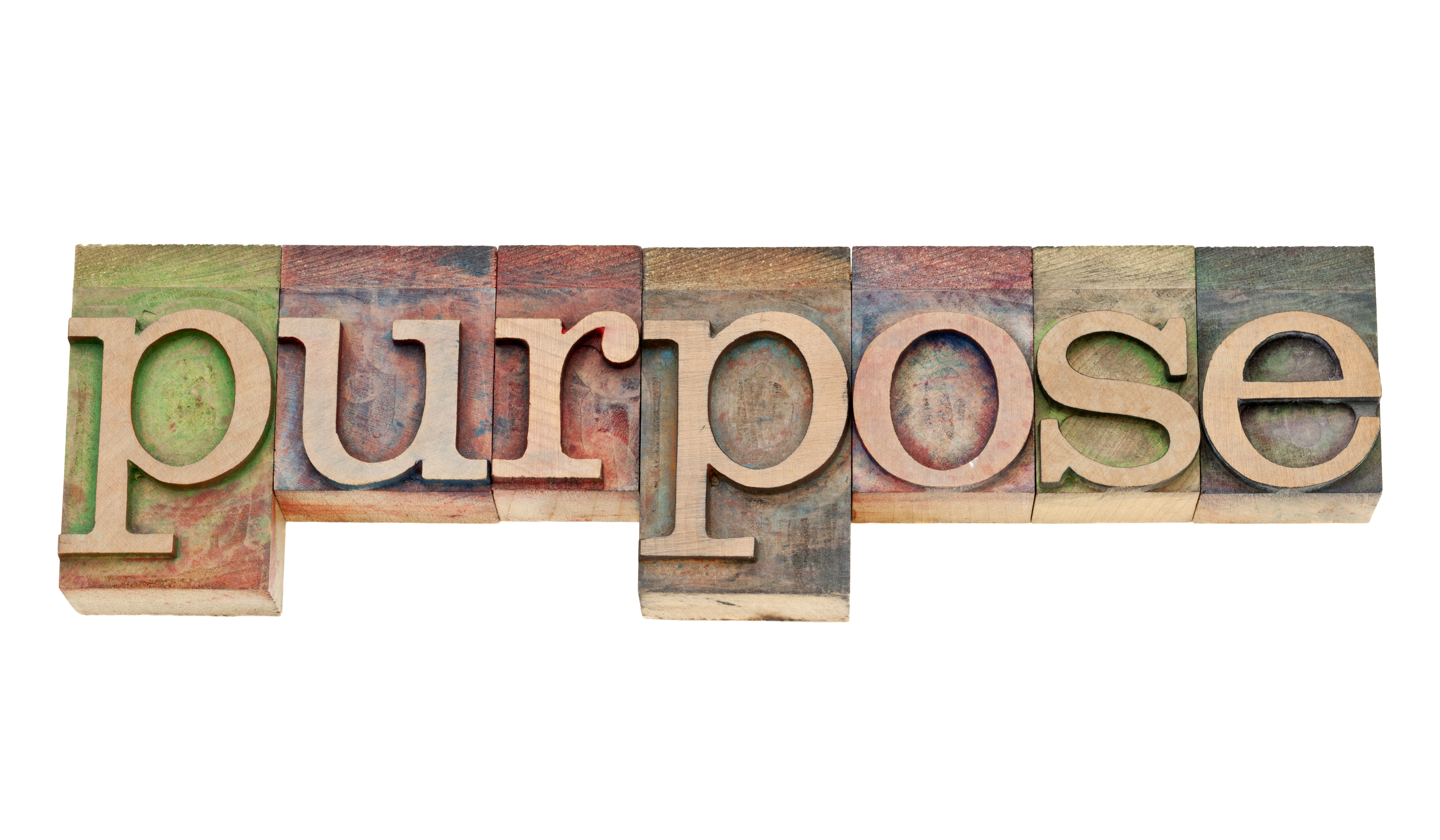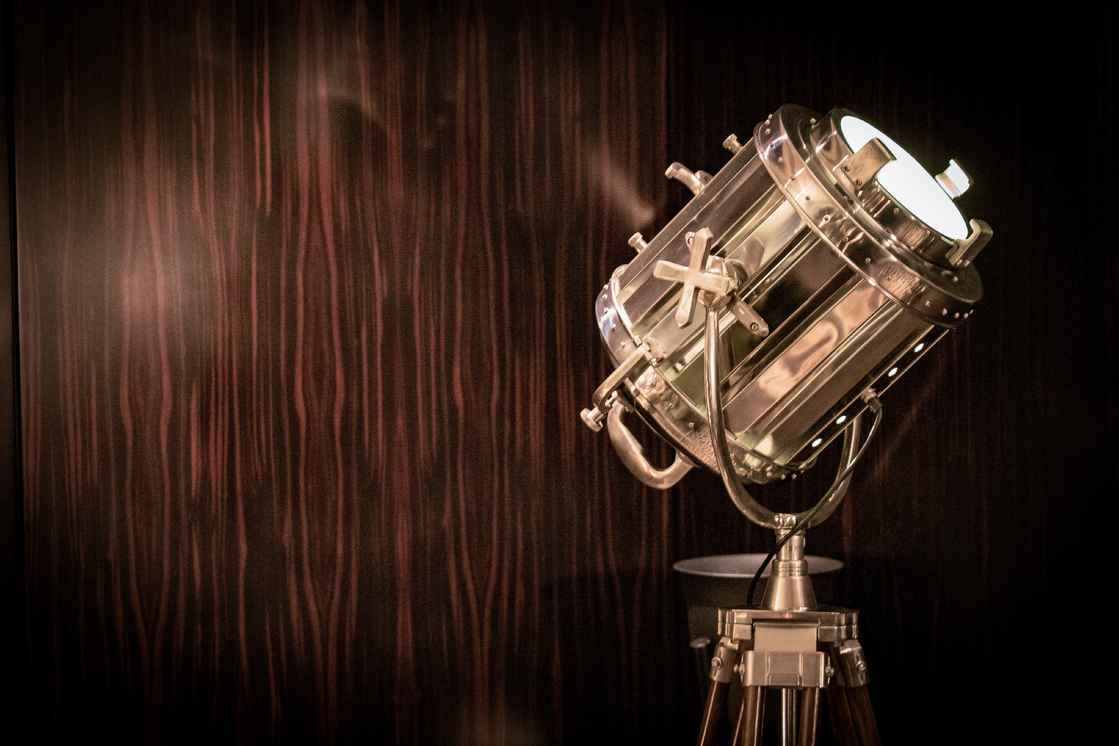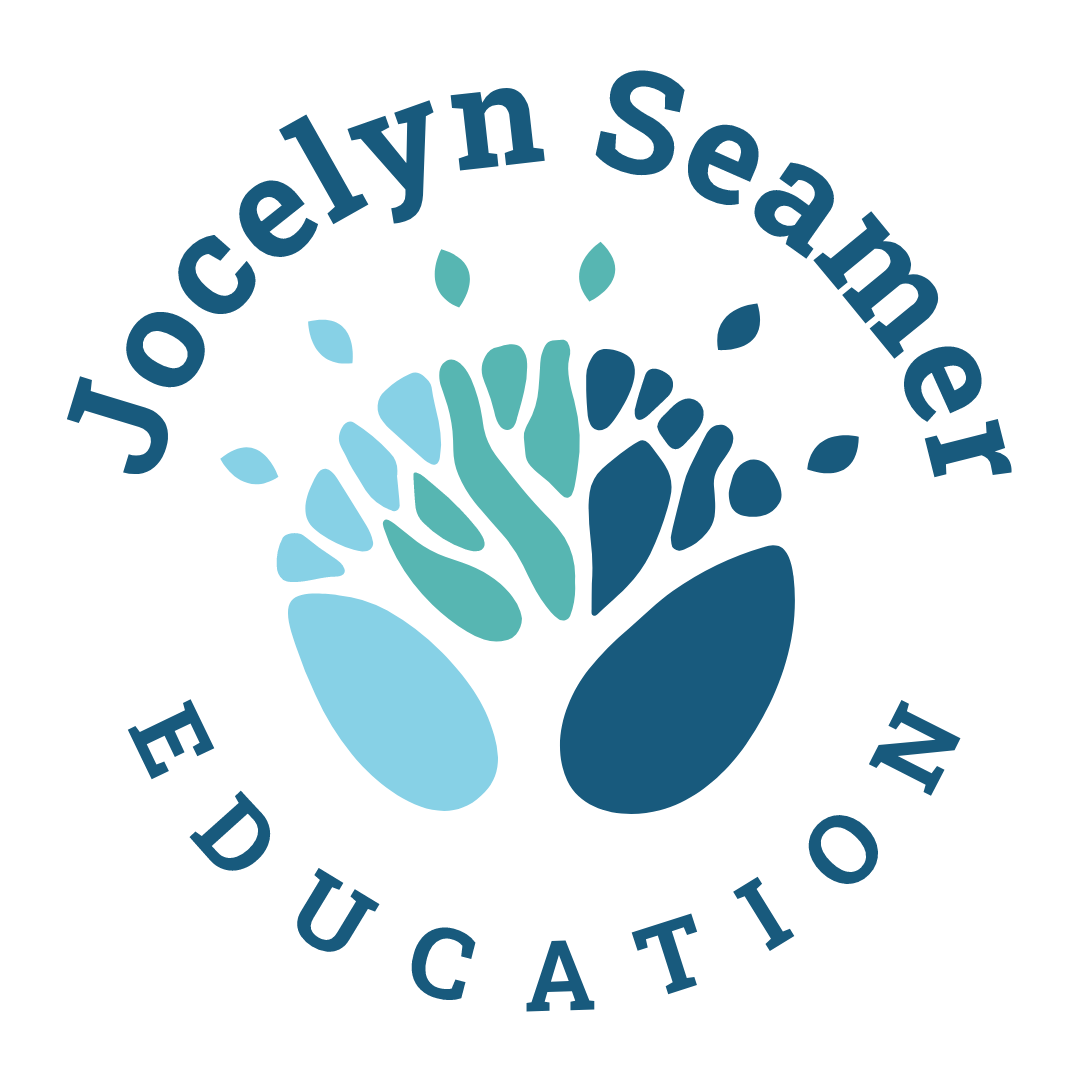Making Your Classroom a Beacon of Reading Science

As we begin 2021 I am hugely optimistic for education. I know that there is still much work to do and I know that we are nowhere near where we want to be, but it seems to me that there are now more teachers than ever asking questions about how to apply the science of reading in their classrooms. This is great news for students, families and our society in general. The more literate someone is, the more likely they are to engage in education, whether that be in their school years or post school options. The more educated a community is, the better life outcomes are for all. Of course, these statements are broad brushstrokes, but it isn’t hard to see that more people in employment and with better health outcomes is a very positive situation.

There’s a saying, ‘when we know better, we do better’ (thanks Maya Angelou). I’d like to think that this is true, but I think there is another part of the picture. I’d shift the saying to, ‘When we know better, we can do better’. Two people can have the exact same understanding of something. They can have the same experience in terms of years of teaching and yet, one applies the reading science with rigour and the other does not. It seems to me that the difference between these two people is desire and purpose.

As a person who is eager to make the biggest difference to the world around you, I have no doubt that you also have a burning desire to create change beyond your own classroom. So, how can you do that?
The very first way to influence the actions of those around you is to make your own classroom a beacon of reading science. Few people will want to hear you continuously talk about your passion for reading instruction (trust me, as someone who lives with one foot on her soap box, I know) but you will spark their interest when you are able to get runs on the board for your students. When you can consistently demonstrate student growth and particularly when you can create this growth across your whole class, people will sit up and start to take notice.
Where focus goes, energy flows
It is a simple fact that you can’t do everything. Trying to be amazing in all areas at all times will lead to burnout and disappointing results. So what are the main areas to focus on at the start of the school year that will help make your classroom as beacon of Reading Science?
Teach Explicitly
I don’t just mean intentionally. You can have all the intention in the world, but if your students aren’t involved and engaged, there will be limited results. Explicit teaching is incredibly powerful. It supports and engages every student in learning. Watch this video to learn about engagement norms in explicit teaching. These engagement norms are relevant from foundation all the way to second school. Remember, where focus goes, energy flows. There is no room for students to sit back and not participate in an explicit lesson.
Showcase your students’ successes
I don’t mean carry a ‘brag’ book around with you and show it to everyone you meet, but you can shine a spotlight on your students’ work when you do one or two of the following:
- Feature photos and work samples in the school newsletter.
- Place photos of lessons and student work samples in the classroom window.
- Send copies of student work home with families annotated with a statement about the students’ next steps (just one sentence).
- Hold a ‘celebration of learning’ at the end of each term and invite your school leadership.
- Set up or participate in peer observations with your same grade colleagues.
- Network with other same grade teachers from other schools.

Engage with data effectively.
Providing we are measuring the right things, growth in data is proof of a job well done. Put your hand up to work with your school leadership on the school’s data plan and support others to understand what a powerful tool quality assessment can be.

Put the 8 key actions of the Science of Reading into practice
Review the following list of key actions and choose what to focus on in at the start of the year. Lean into your strengths and choose ONE main area to focus your professional development on (you can’t do everything, remember?).

Influencing out and up can be challenging, but by keeping your focus on getting great results for your students and taking advantage of opportunities to engage with others, you will keep your focus on what matters; making sure that all students have the chance to learn to read with evidence based teaching practice. (You can download the picture above as part of the Teaching Guide 'How to Teach Reading in the First Year of School' here)

 Jocelyn Seamer Education
Jocelyn Seamer Education
4 comments
Love reading your posts and looking forward to the master class. I am reflecting on my practice and excited to implement some changes for the new year. Thank you
Hi Shannon. You are most welcome! Wishing you a wonderful 2021. Jocelyn
I now volunteer in the inner city, and I am working with an 8th grader who came to me two months ago reading at the 3rd grade reading level. He shares that he is so frustrated, because he can't read his science, math story problems, social studies... Help! Any Ideas?
I am so interested in learning more about meaningful data collection. The info out there is so overwhelming in terms of alignment with SoR and what is best to use across all grades. Do you have more info on this? Thanks so much : )
Leave a comment